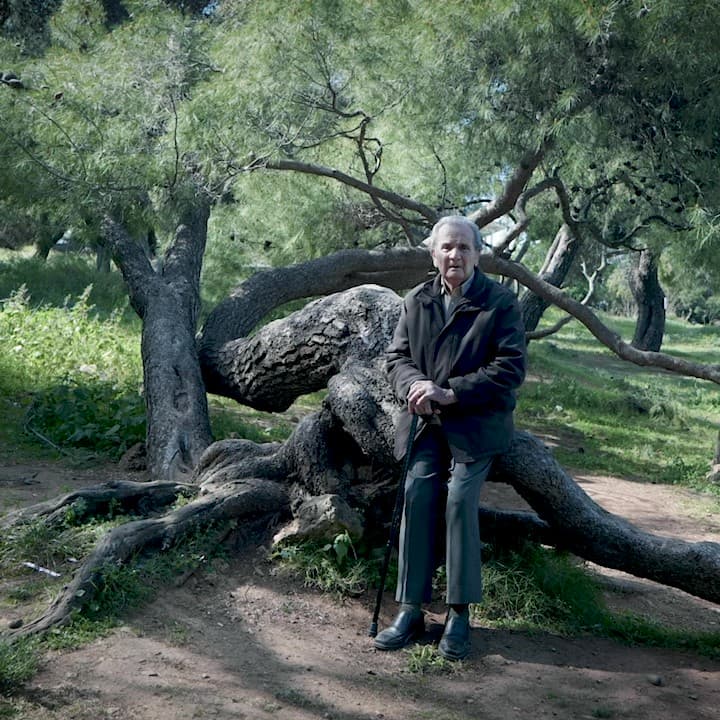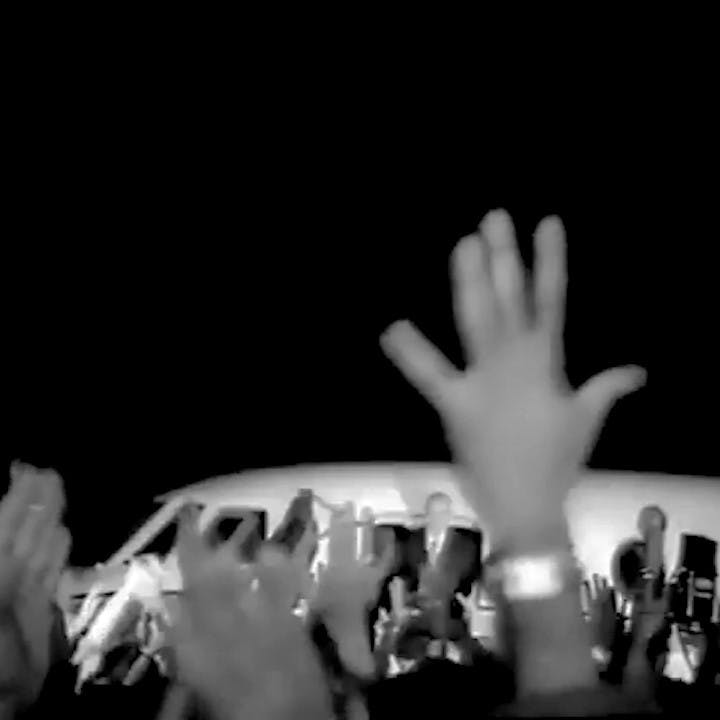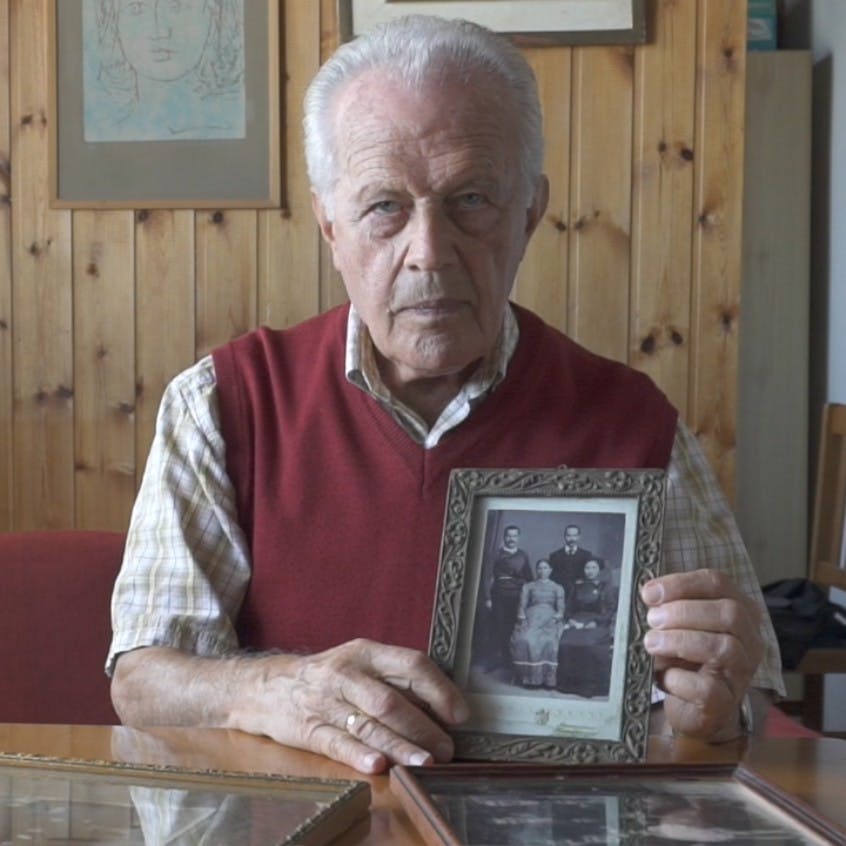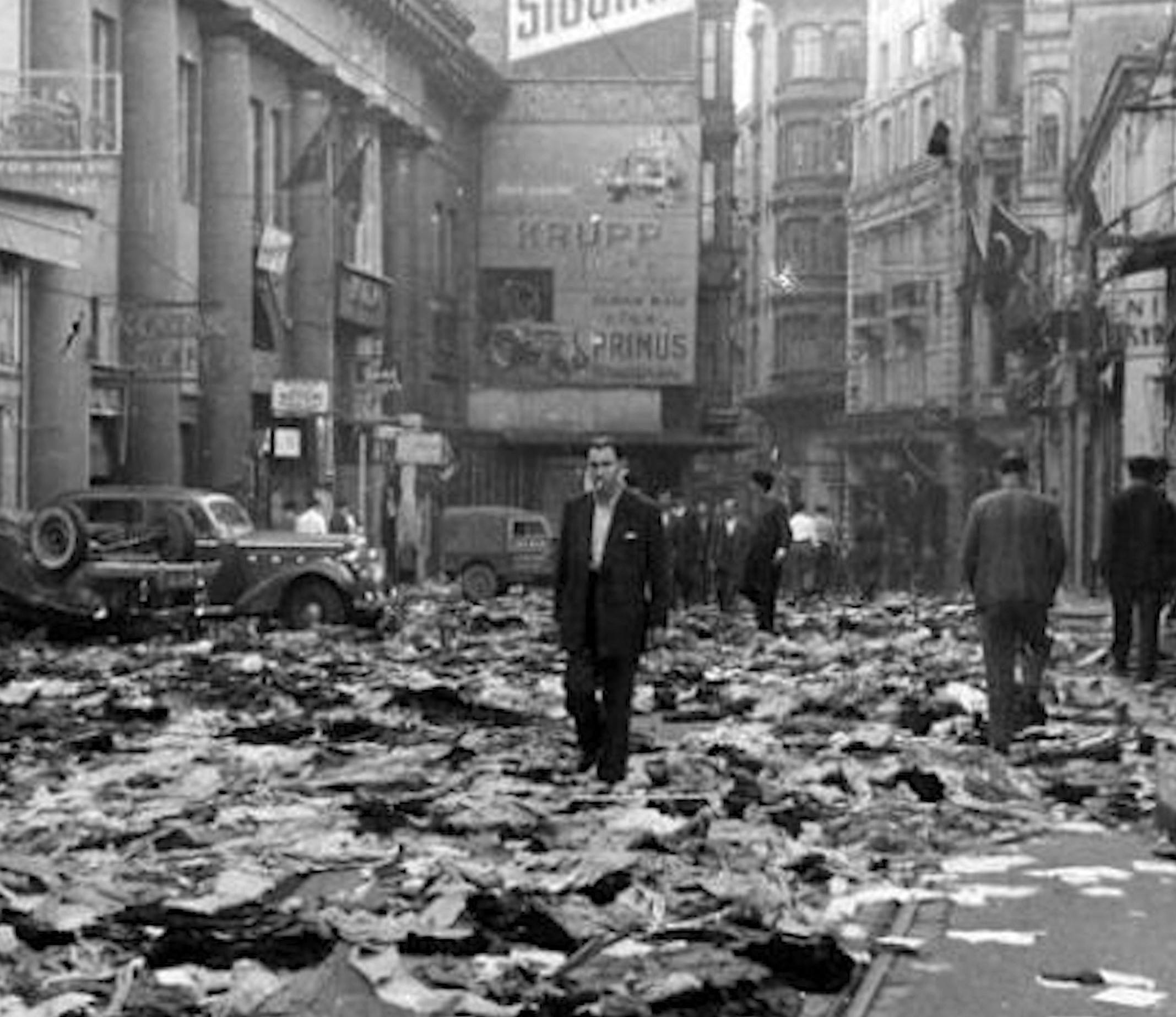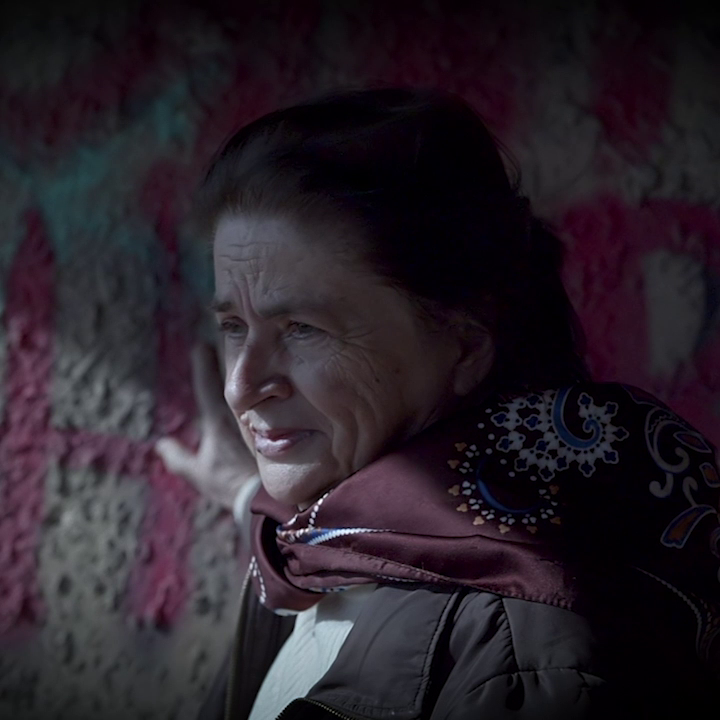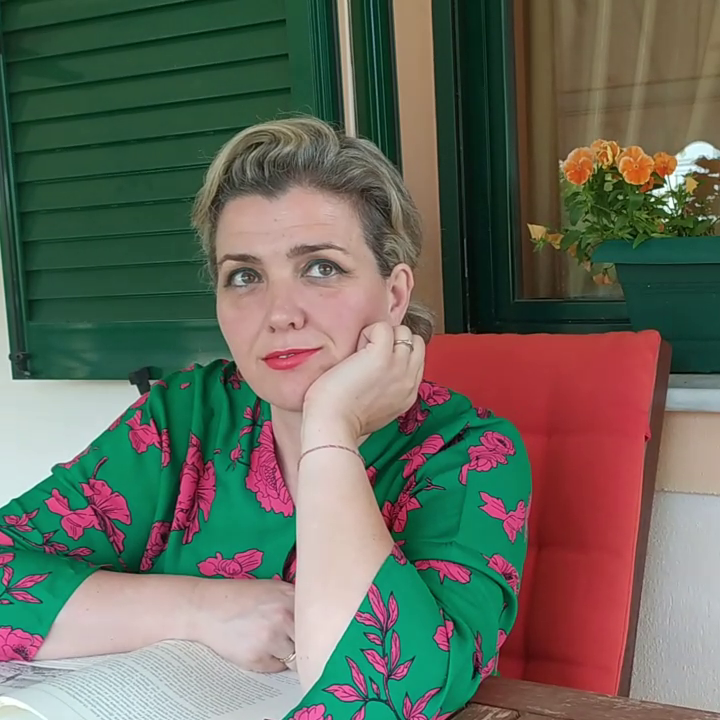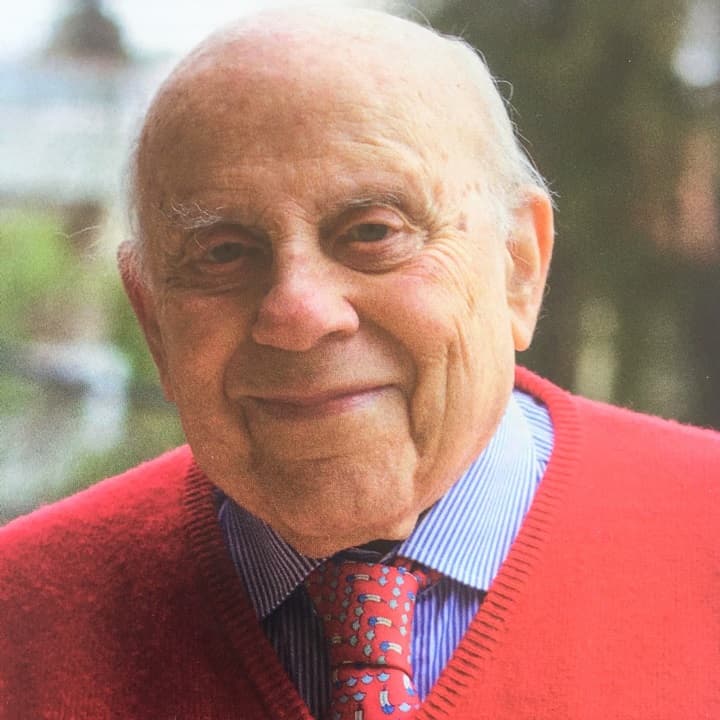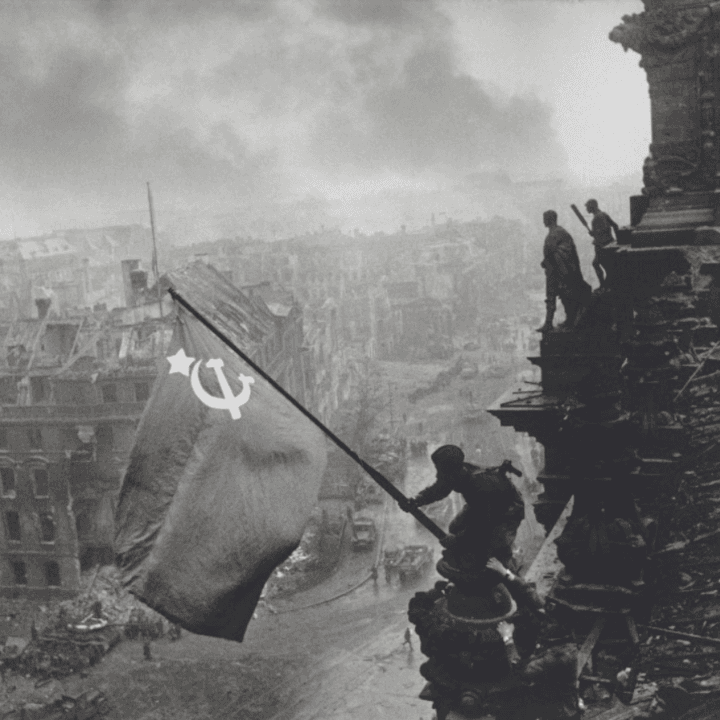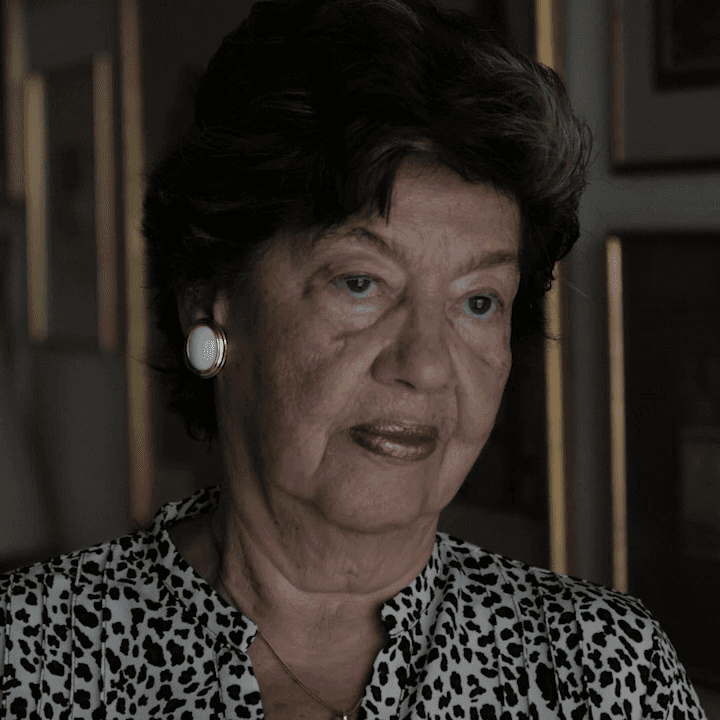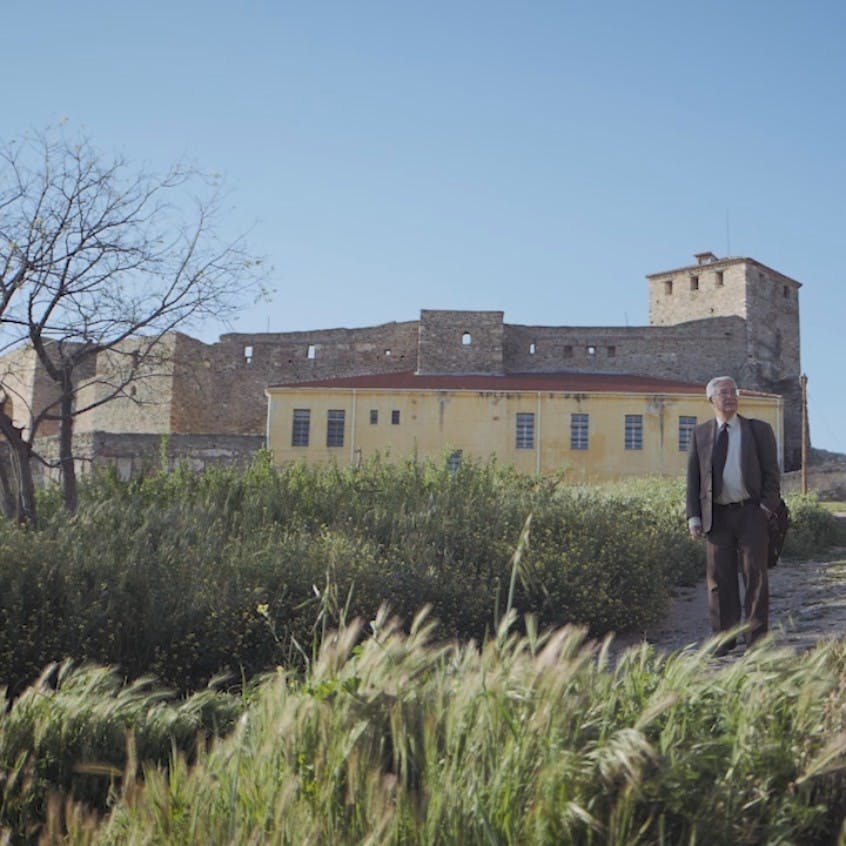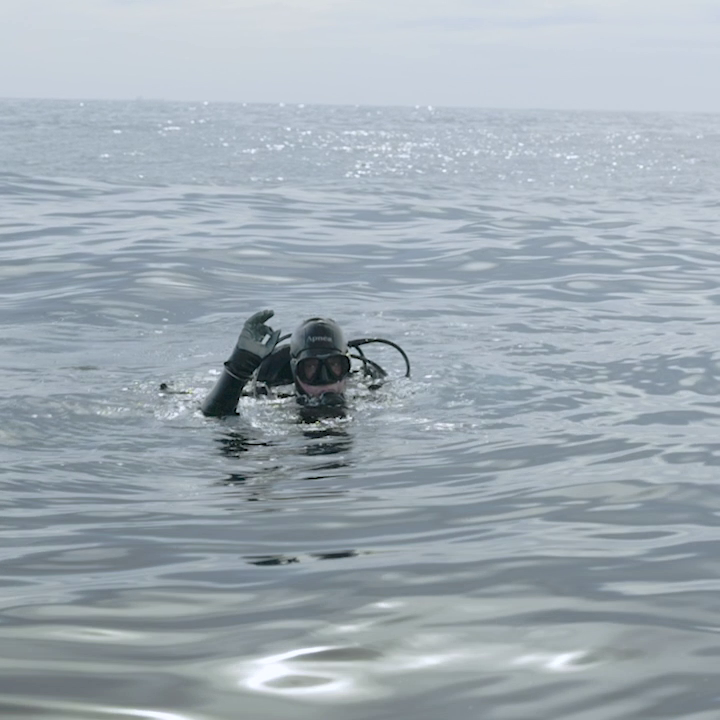They were difficult years. War is hard.
It was February of ‘44. The Germans came. They came through here in the morning, heading towards Peleta. They asked: ‘Were the resistance here?’ and we told them, ‘No.’ When the Germans had gone, the resistance suddenly arrived. Not even half an hour later. The Germans had their binoculars out, saw them, and came back.
I had gone to a farming village further down, Pigadi, and I came back with the animals loaded. When I got back to the square here, the first German shell fell. Right here. And I was down there. By the time I had got up to my uncle’s house to unload, the second shell exploded. I went to our home and saw the first houses catch fire, burning, in the lower neighbourhood. The Germans came through, setting fires.
When six hundred houses were all burning—mattresses and clothes burning inside—the smoke was suffocating. We couldn’t breathe, and I thought, ‘We’re going to suffocate. We’re going to die.’ I got handfuls of snow and rubbed it on my face, so that I could breathe. Animals were burned inside: they didn’t have time to get them out, and the animals were burned. They burned the whole village.
Some ‘Germans’ came through who were ‘Greeks with German boots ’: collaborators. Greeks. There was a unit from outside Sparta, which was together with the Germans. Together with the Germans. One passed by and said to another: ‘So-and-so’, he asked, ‘have you seen so-and-so?’ And the other replied: ‘Didn’t I tell you not to speak Greek? There’s a danger they might kill us here!’ His name has stayed with me.
The village had burned so we were out on the street. The whole village. The houses had stone arches and we slept in the arches, under the arches. We had had the time to take out a few mattresses and a few other things. My big sister, Sofia, made us a bed on a mattress on top of the snow. We lay down and she covered us, so that we didn’t die of the cold.
We all began to try to gather things: one, wood, another, tiles, to begin to put a roof on at least one room to use. I was a child, thirteen years old, and I carried eight loads of tiles a day from a quarry here that made them or loads of wood, barefoot, almost naked. My mother cut up a sheet to make my brother and me trousers, so we could survive, not get cold.
We looked out for some greens to chew, to dig up a bulb to survive on, because a lot of people died of hunger. We went three months without any bread, without oil. I was thirteen years old then. My growth was stunted, because of the hunger and lack of vitamins; I looked about six or seven years old.
I went to work for a local man. He mistreated me: he beat me and swore at me. ‘You’re lazy!’ ‘Good-for-nothing!’ ‘I’m feeding you for nothing!’ I didn’t say anything because I was afraid. What if he fired me? He gave me one rusk each day and five or six olives. That was the only food I had.
I suffered a lot. Until the Occupation and the hunger ended. Hard years, hard, very hard years.
After many years, when I had gone to Canada, I went to a Greek café to get a newspaper. There was a group of about five or six and they were arguing. One of them said: ‘What the Greeks need is a good beating, the lash; they need a dictatorship; they need...’ He was interrupted by another who said: ‘Hey...’ he said the man’s name, and said to him: ‘Why don’t you let someone else speak?’
When I heard his name, I recognised him. I went over and said: ‘Are you Mr. so-and so?’ ‘Yes. And who are you?’ I said: ‘I’m the one of those whose home you burned at Kosmas, on such and such a date, when you were a collaborator and were with the SS.’ ‘You don’t know what you’re talking about!’ he said. ‘Do you know how many people from Kosmas are here? I asked. ‘Who you threw out of their homes! Whose homes you burned! They will bury you!’ I said to him.
That same night, he disappeared, and never showed his face again.
